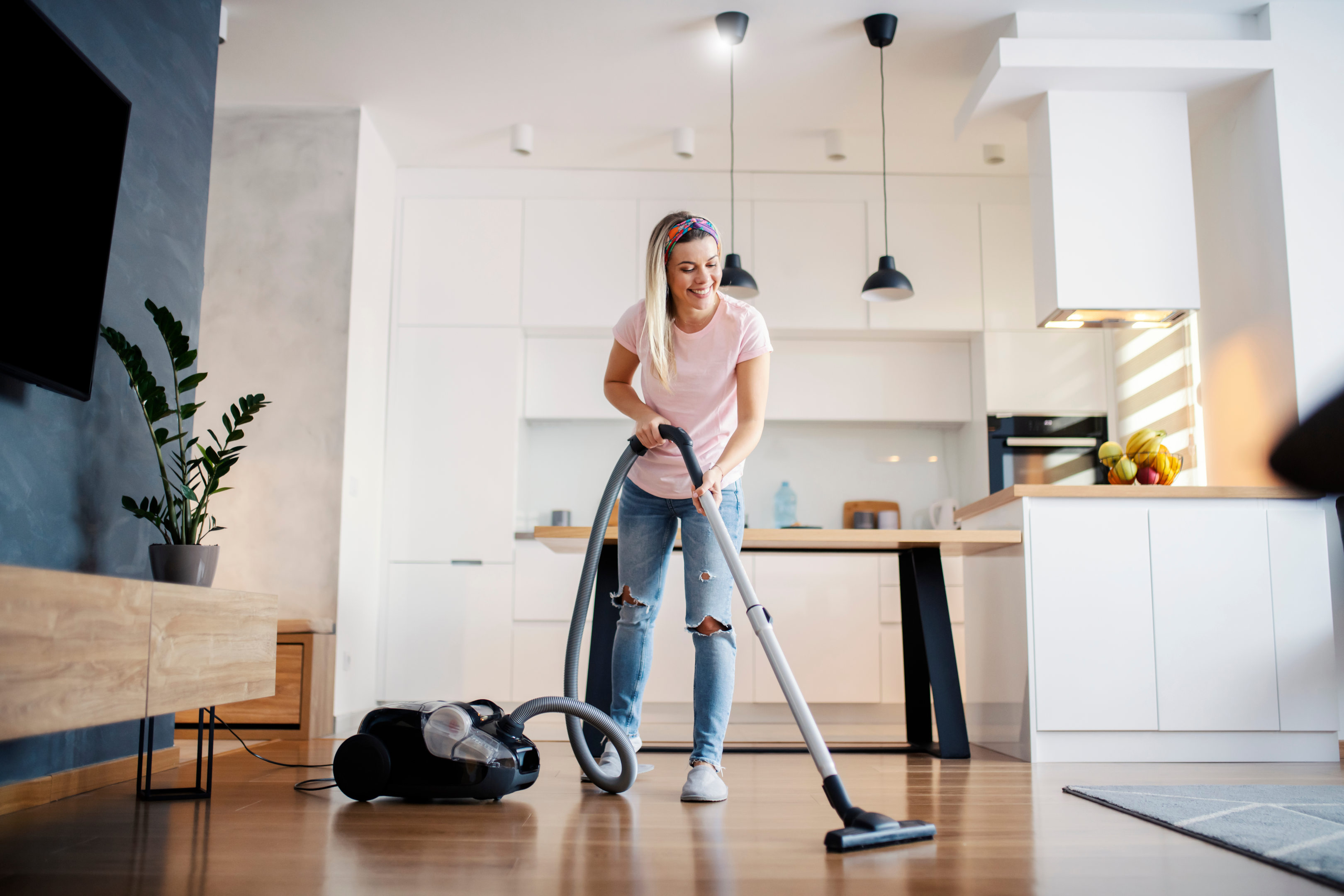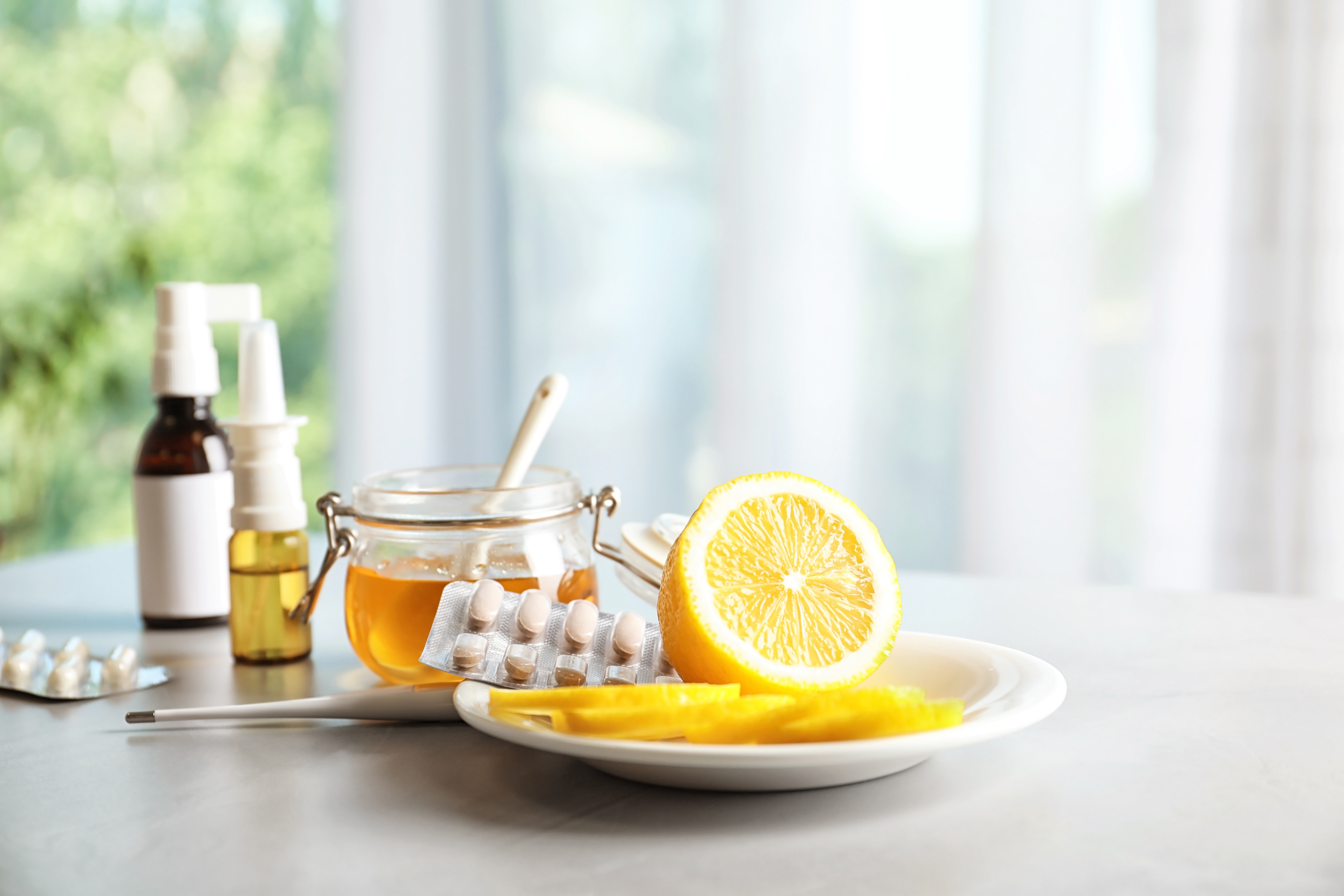In the sunshine state of Florida, the tree pollen season is practically all year round. This is especially true in South Florida where the allergy season lasts almost ten months out of the year. Thanks to the warm weather, plants trees, and flowers continue to bloom and produce tree pollen allergies over extended periods of time.
If you are an allergy sufferer, particularly with sinus allergy symptoms, you may benefit from a consultation with a medical professional experienced in treating this condition. Meanwhile, here are 8 helpful tips that you should follow to protect against allergy and related concerns.
Reduce the Exposure
- It’s best to reduce your exposure to allergens that may trigger severe allergy symptoms.
- Stay indoors, especially on windy and dry days. It is best to step out after it has rained as it clears the pollen in the air.
- Do not do activities such as weed pulling, mowing the lawn, or gardening chores, which can create allergens such as grass pollen.
- Remove the clothes worn outside and always take care to shower so that you rinse off the allergens or pollen from your hair and skin. Be especially cautious to ensure that you wash your hair each time, as pollen can sometimes get stuck to the hair as well. You do not want to bring pollen inside from the air.
- Make sure not to hang your laundry outdoors as the pollen can stick to towels and sheets.
- When doing outside chores, be sure to wear a face mask.
Take Extra Precautions
When pollen counts are higher than usual, be sure to take extra precautions to minimize exposure.
- Check the local radio station, TV, or even the local newspaper for updates on current levels of pollen or pollen forecasts. Go out only when lower pollen counts are predicted.
- If a high pollen count is predicted, take your allergy medicines in advance, even before symptoms start.
- Close your windows and doors at night or even at other times during the day when the pollen count is high. Reduce your time outdoors.
- Prevent outdoor activities, especially during the early morning because that’s when pollen counts are the maximum.
Ensure the Indoor Air Environment is Clean
There is no wonder product that can miraculously remove all allergens from the environment. Based on this, you can follow the steps below to keep the air protected.
Air Conditioning
Make sure to use air conditioning, whether in your car or in your home. In case of forced air conditioning or heating inside the home, ensure to use filters that have high efficiency and keep regular schedules for maintenance.
Humidifiers
Ensure the indoor air is dry by using humidifiers. Humidifiers can reduce mold spores and mold allergies growth as well as mildew spores. In the drier months, the humidifier can add moisture into a room. This can also soothe irritated and dry nasal passages. Stemming from this, with moisturized air, dust mites may also increase. So this is something to bear in mind.
HEPA Filter
Use a HEPA or high efficiency particulate air filter inside the bedroom. HEPA filters can often filter out allergens such as pet dander and pollen. Pollen production is filtered by using a HEPA filter. Make sure to replace the filter regularly, especially if you are using it a lot. Check it once every month to see if it needs a replacement. Air purifiers can often filter the finer particles that air conditioners cannot. Make sure to do your research to determine the best air purifier for your needs.
Vaccuming
Clean your floors using a vacuum cleaner that has an in-built HEPA filter. It is ideal to vacuum at least twice in a week, especially if you happen to have pets in your house. Make sure to keep pets out of the bedroom.
Consider Remedies in Consultation With a Doctor
Antihistamines
Antihistamines can relieve itchiness, sneezing, runny nose, stuffy nose, nasal allergies as well as watery eyes. Some examples of antihistamines include fexofenadine, cetirizine, and Ioratadine, which are often used to treat hay fever.
Corticosteroid Sprays
Corticosteroid sprays are usually used as nasal sprays to improve various nasal congestion symptoms. These include budesonide, fluticasone propionate, as well as triamcinolone. At Florida Sinus & Snoring Specialists, we can prescribe the correct medication for you.
Cromolyn Spray
Cromolyn spray eases symptoms of allergy problems by blocking immune system agents, which often cause the symptoms. The spray works the best when treatment is begun before any exposure to the allergens. The treatment itself is very safe but needs to be followed up 4 or 6 times each day.
Oral Decongestants
Oral decongestants offer temporary relief for conditions such as a runny nose or a stuffy nose. These include sprays such as pseudoephedrine. Many medications include antihistamines with the decongestant. These examples include cetirizine-pseudoephedrine, loratadine-pseudoephedrine and others. You can consult with Dr. Mandel to know more about the best allergy medicine to control allergies.
Rinse the Sinuses
Nasal irrigation is a process where a saline solution is used to rinse nasal passages. This is an inexpensive, effective and quick way to relieve any kind of nasal congestion in the nasal passage. Rinsing this way can immediately flush out any other allergens or mucus from the nose. You can buy readymade saline solutions or a kit that can be added to water to prepare the solution. If using a kit, make sure to use bottled water to curb risk of infection. Be sure to follow the ratio of 1 liter of water and 7.5 ml of canning salt, as well as 1 tsp of baking soda. Make sure to rinse the device after every use, and leave it to air dry.
Alternative Modes of Treatment
There are several natural treatment methods that can be safely used to treat allergies, especially sinus allergies. These include the shrub butterbur, dried algae such as spirulina, as well as various other herbs. Moreover, there aren’t enough trials or enough evidence to show the efficacy of such treatments. Acupuncture has shown some benefits but the results have not been conclusive enough.
Tired of Home Remedies?
For many people, simply avoiding any kind of allergens and taking the necessary medication as a precaution works to prevent allergies. In relation to this, in case seasonal allergies are still bothering you, try not to give up. There are several treatments that are easily available.
Testing
In case you have recurring seasonal allergies that seem to persist, Dr. Mandel may suggest that you undergo some tests. Blood tests or skin tests can help to determine exactly which allergens are triggering your symptoms. Conducting such tests can also help to determine which precautions are needed to prevent specific triggers and identify the best modes of treatment.
Allergy Shots
In some other cases, taking allergy shots may be a better approach to combating allergies. This process is also known as desensitization and includes taking regular injections that contain small amounts of substances that cause these allergies. Over a period of time, these shots will help to reduce the immune symptoms that often get produced as a result of these allergies. These shots usually take a few years to arrive at the desired dosage. Once you reach the desired dosage, then a maintenance schedule can be prescribed. Certain treatments also include placing a tablet under your tongue.
Know When to Take Medication
Take Your Meds Before Symptom Onset
Many people are not aware that they can start taking anti-allergy medications even before the symptoms start. They often wait till the symptoms manifest before taking anything. Allergy season, especially in South Florida, tends to start early and last longer. So, these days, it has become easier to identify the pollen season. Start taking the allergy medication at least two weeks prior to allergy season or when your symptoms start to manifest.
Continue With Medication
Keep taking these meds throughout the allergy season. Do not wait for the inflammation to start as relief may take longer. If you are taking an oral antihistamine, note that it may take about 30 minutes before it enters your system. It is a good idea to take such medication before bedtime. The effects usually last about 24 hours, and so it will be working its effect during the next day as well.
Request Your Appointment With Dr. Mandel
If you are facing sinus allergies, Dr. Mandel can help you. If you are facing any of the symptoms below, it may be time for a consultation with Dr. Mandel:
- You have an itchy sensation on the roof of your mouth
- If you are experiencing itchy eyes, watery eyes, or hives
- You have sinus congestion, sneezing, or cough
- You have a sore throat or a persistent cough
- Your sinuses are blocked and you are in pain
At the Florida Sinus & Snoring Specialists we offer dedicated care for patients suffering from sinus, sleep disorders, and allergies. Dr. Lee Mandel brings in over two decades of experience and specializes in minimally invasive sinonasal, sleep, and snoring procedures. We also have dedicated allergy specialists, who can determine the root cause of your sinus allergy and help you get the relief you’re looking for. To schedule your appointment, please call us at 954-983-1211.



